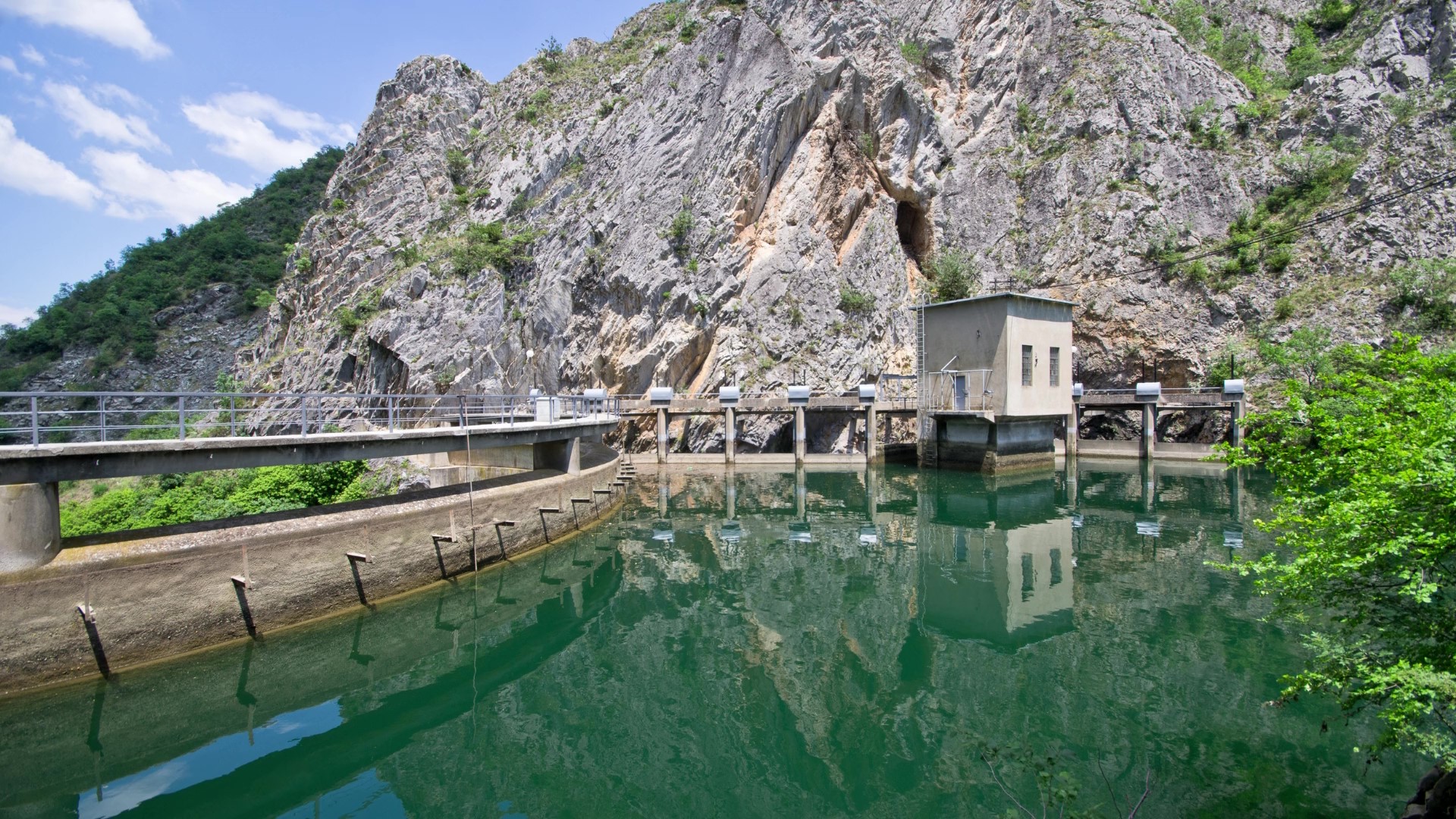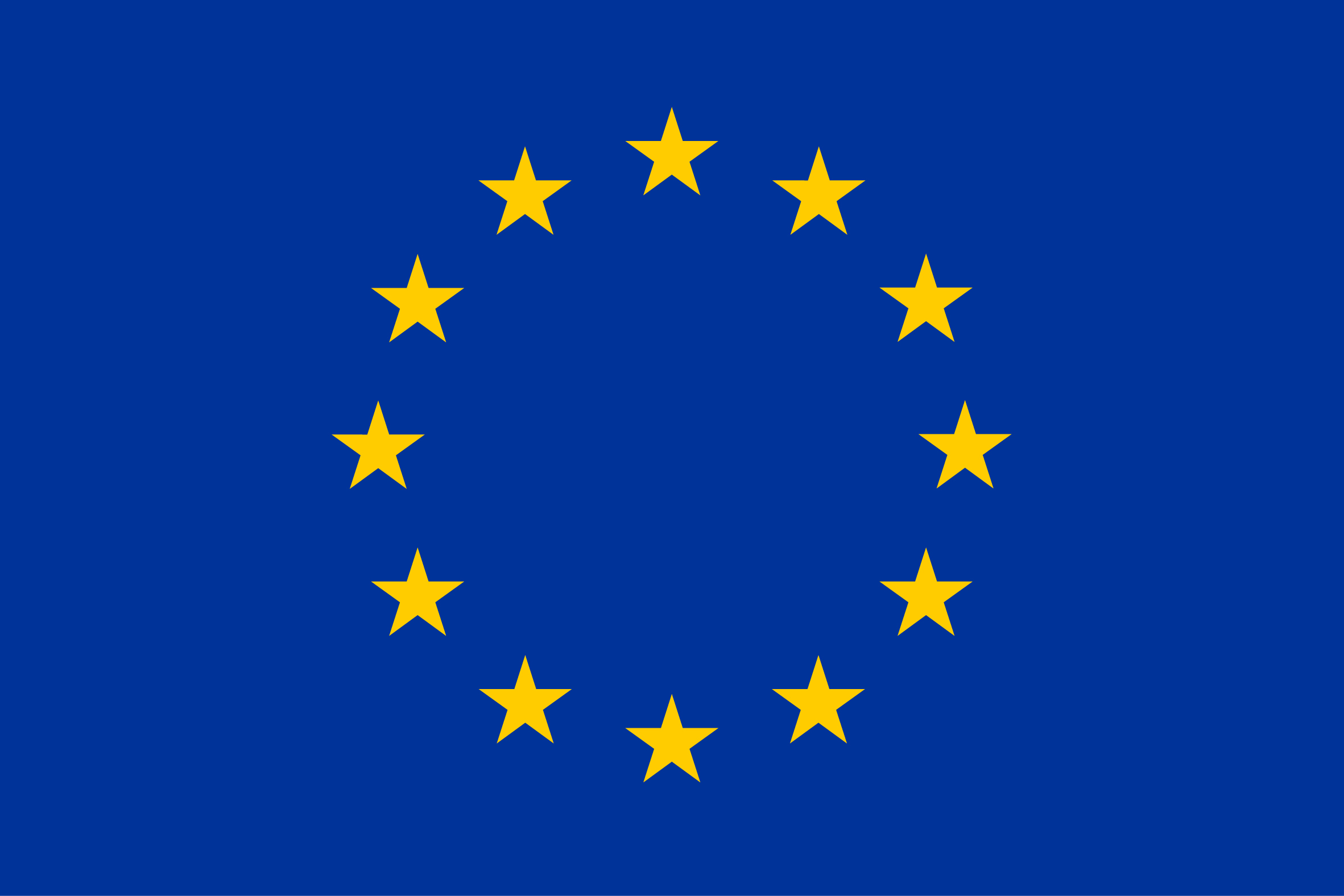
100+ NGOs call on EU negotiators not to exempt hydropower plants from environmental assessments
-
Global Europe
Ahead of the upcoming EU negotiations on the revision of the Renewable Energy Directive, Wetlands International Europe has joined more than 100 NGOs in sending a letter to EU policymakers calling on them to include sustainability standards for hydropower. Safeguards are needed due to the severe impacts of hydropower on rivers and freshwater fish.
The letter calls for new hydropower projects – or hydropower projects which had been introduced but were on hold because of environmental issues – to be excluded from the ‘go-to areas’ (areas identified as ‘suitable’ for renewable energy installations) and streamlined permitting under the amended Renewable Energy Directive.
Climate change and biodiversity loss are urgent crises threatening humanity that must be solved together this decade. As emphasised by IPBES, climate change cannot be solved without nature and healthy ecosystems. This comes as Europe is experiencing an alarming decline in freshwater biodiversity. Migratory fish populations have collapsed by 93% since 1970. European rivers are thought to be the most fragmented freshwater ecosystems in the world, blocking natural processes such as fish migration.
The EU Biodiversity Strategy aims to avoid the further deterioration of the status of all species protected under the EU Nature Directives and improve the status of 30% of them. As hydropower is one of the chief pressures on migratory freshwater fish, new measures for hydropower that shortcut environmental reviews will undermine the achievement of this target by increasing river fragmentation.
An especially concerning example is in Romania, where the government recently announced plans to use funds allocated under the REPowerEU package to resurrect a series of controversial hydropower plants, some of which were previously ruled illegal, that would result in the extermination of the Romanian huchen fish and severe degradation of two national parks, a nature park, a Ramsar site, 20 Natura 2000 sites and tens of water bodies, in all corners of the country.

